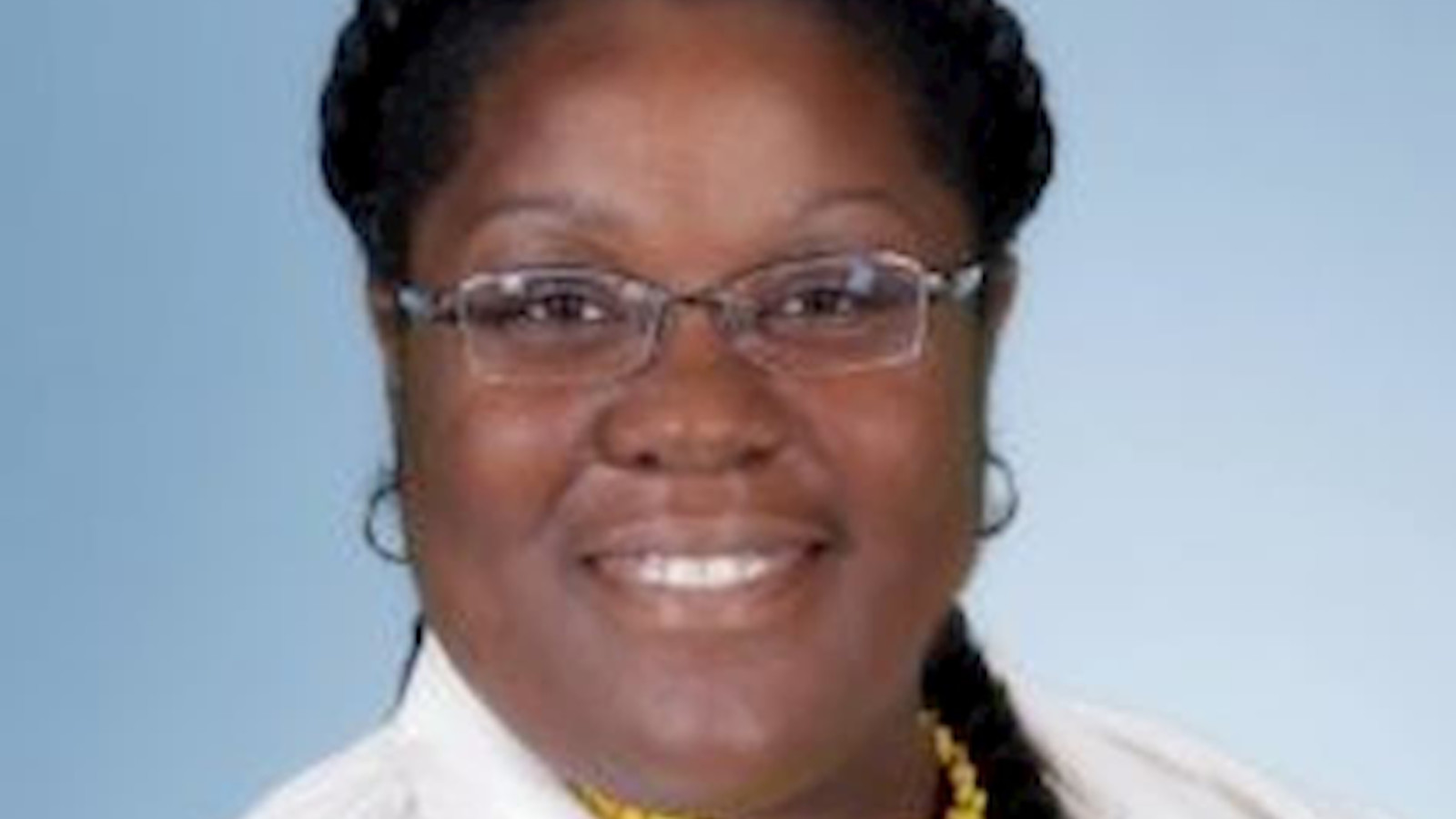“It’s OK to ask for professional help. It’s OK to not be OK. We must normalize utilizing professional mental health services in our community.”
Dr. Stephanie A. Patterson, JD, DNP, MBA, MPA, RN-BC, PMHNP-BC, PHN (Los Angeles, CA)
Most Americans are aware of the physical ailments COVID-19 has inflicted across the globe. After over a year of battling this crippling pandemic, providers like Dr. Stephanie A. Patterson, a DNP-prepared psychiatric-mental health nurse practitioner (PMHNP) in Los Angeles, California, encounter patients struggling with the emotional trauma the virus inflicts. As a practicing PMHNP with her Doctor of Nursing Practice degree, Dr. Patterson is dedicated to improving outcomes surrounding the mental health needs of her patients. She began her career in the mental health field as a Deputy Public Conservator, an advocate for vulnerable persons with diagnosed mental health conditions. She saw the need for increased knowledge in mental health advocacy and found her answer in nursing. “Historically, the African American community hasn’t had as much utilization of mental health services,” she says. “Despite social taboos and structural injustices, we have to be sure we are seeking help if needed.” The taboo can be amplified in the nursing community where nurses are accustomed to giving care vs. needing care. They can easily neglect to consider their own mental health needs.
Dr. Patterson focuses on appropriate, patient-centered care while considering her patients’ physical and psychological health when diagnosing and prescribing treatment. “I don’t practice cookie-cutter medicine. It’s important to treat each patient individually.” She often works with geriatric patients, some of whom may not have a direct support system to ensure they maintain proper health care. Social distancing, safer-at-home orders, and the quarantine are weighing heavily on her patients. The same may be true for nurses in the field who spend long hours at work and away from friends and loved ones. “Long-term isolation is triggering an increase in anxiety and depression rates, which can exacerbate underlying physical health conditions and lead to worsening mental health.” She feels the coronavirus pandemic is provoking a mental health crisis within the pandemic.
Dr. Patterson noticed another disturbing trend during the pandemic. “Studies show that many patients who are among the sickest have been found to be deficient in Vitamin D once hospitalized.” Vitamin D, also known as the “Sunshine Vitamin,” has been noted by the National Institutes of Health to boost immune function, reduce inflammation, and decrease cramps and spasms. Appropriate screening to ensure proper levels of Vitamin D is important for patients. Vitamin D deficiency can mimic symptoms of depression. Proper levels of Vitamin D can boost mood. Dr. Patterson recognizes that people, in general, are spending more time indoors, depleting stores of Vitamin D. Nurses working indoors for long hours may be at risk of having low levels of Vitamin D. She also notes that melanated people may not absorb a sufficient amount of Vitamin D from natural sunlight. “African Americans are at increased risk of having low serum Vitamin D concentrations because melanin, which causes skin pigmentation, can reduce the skin’s ability to synthesize Vitamin D even with adequate sunlight exposure.” Vitamin D-3 supplementation is often an effective alternative.
Nurses experiencing low or apathetic moods may also be suffering from Vitamin D deficiency. Dr. Patterson recommends nurses seek help from a trained mental health professional or take advantage of the mental health services offered by the National Black Nurses Association. Many hospitals offer in-house services or make virtual care available through their human resources department. Nurses can also find counseling at their church or other places of worship. “Make time to reach out to friends, family, the people you trust, and then speak up about what you truly feel. There are probably a lot of people dealing with your same struggles.” She highlights the importance of nurses checking in on one another and sharing their unique experiences. “Make sure to stay connected. If you or someone close to you has been impacted by the coronavirus in some way, consider joining a coronavirus survivor group.” Dr. Patterson feels support groups and religious services help keep us connected but should not replace professional mental health treatment. “Ask for help if you need it. It’s OK to ask for professional help. It’s OK to not be OK. We must normalize utilizing mental health services in our community.” She sees the current pandemic as a powerful opportunity for African American nurses to advocate for each other and the entire nursing profession. “We need to come together as nurses and speak out about what we want as nursing professionals and what we need, be it PPE, training, student loan debt forgiveness for frontline workers, or mental health support.”
Dr. Patterson stresses the importance of alone time as a part of overall health and wellness. On her days off, she takes time to reflect, enjoys a cup of tea, and carves out time to do nothing and enjoys every minute of it! “People have to understand the body has to rejuvenate; the body needs appropriate rest as well. I’ve learned how to say no a little more. We’re often focused on helping other people, but we can’t give from an empty cup.”
#FirstRespondersFirst Microstep
On your break, take a few minutes to go outside.
Even a short walk outdoors will help you recharge. Outdoor light is crucial for resetting our internal circadian clocks. Vitamin D from sun exposure is also necessary for our body.
Stephanie’s story is part of “Unmasked: Profiles of Humanity and Resiliency,” a collection of stories from the frontlines published by the National Black Nurses Association (NBNA) in partnership with #FirstRespondersFirst. The NBNA offers therapy and wellness services through RE:SET, a free mental wellness program developed for Black nurses to help them RE:SET, recharge and widen their circle of support. Visit nbnareset.com to learn more.


